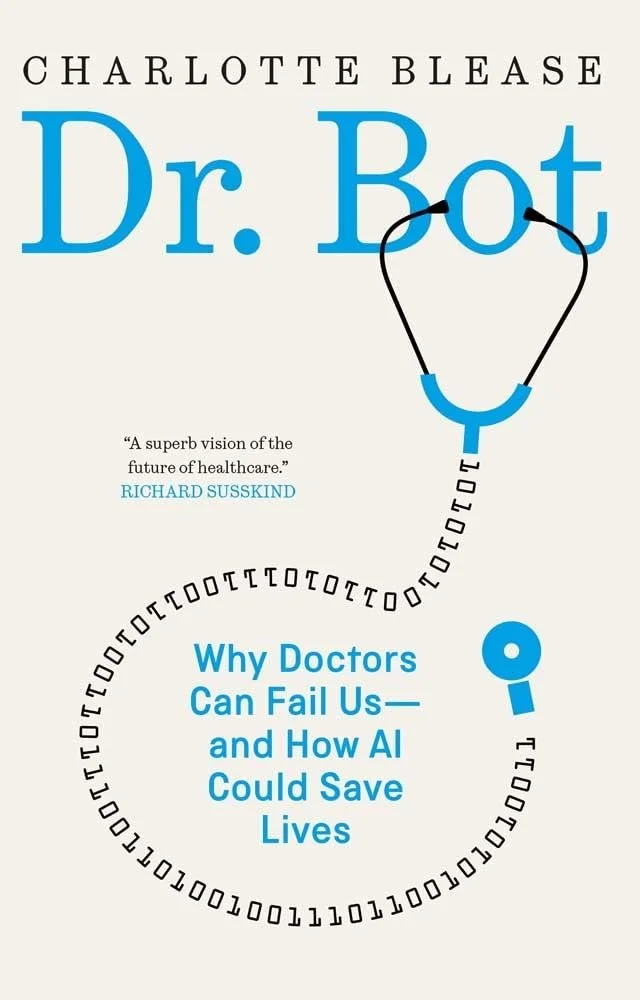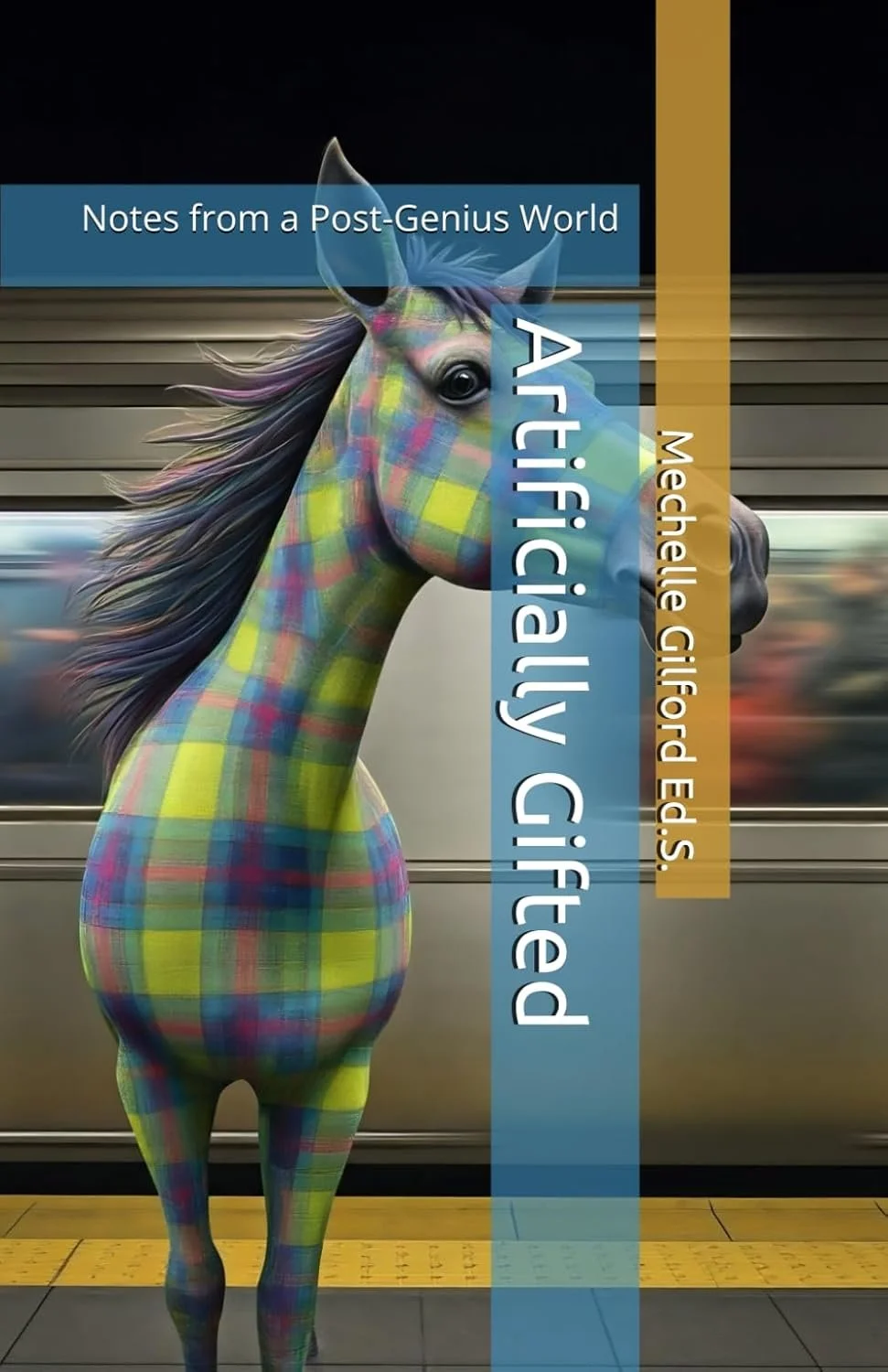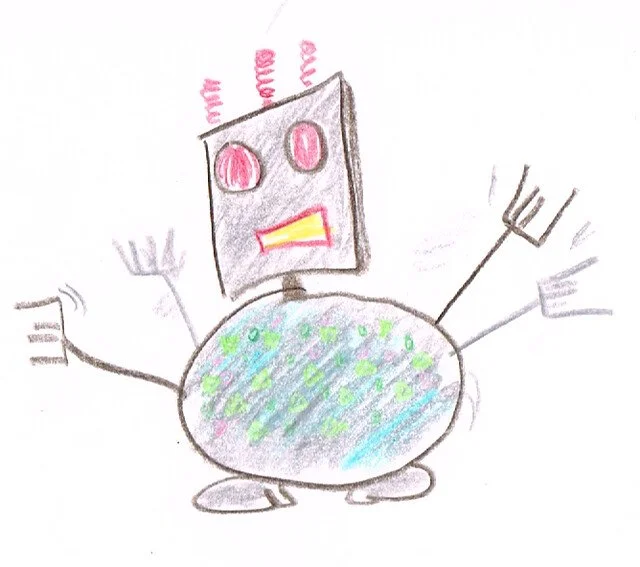The robots are coming. No doubt about that. I heard today on the radio that robots can examine 24 potatoes a second to check their quality, and that is just one example of how robots and AI have become part of our lives. The question is: will robots or AI ever replace teachers?
I think the best way of approaching this question is to think in terms of tasks rather than jobs. As someone on Twitter said recently (unfortunately, I didn't keep a record of the tweet):
"Bring on the bots so that I can get on with my job."
What did he mean?
The best way I can explain it, I think, is to look back at how things used to be in my early teaching career. Everything was labour-intensive. At the end of each term I would have to sit down and calculate the absences and latenesses of each student in my form group -- around 30 students in all. It took ages, and not least because st that time electronic calculators cost around £5, equivalent to around £35 in 2016. I can't recall what my income or living expenses were in those days, but £35 would have represented a large chunk of them.
In other words, all that calculation had to be done manually. Yes, it was possible to devise workarounds. For example, if I knew that the maximum (and ideal) number of 'presents' was 100, all I had to do was count the blank spaces. It still took ages. Think about it: 2 minutes per student times 30 students equals one hour. If you were interrupted halfway through you'd have to start again. Invariably, one student's records would be so arcane (marked absent, then present, then late etc) that sometimes you'd be held up for half an hour just on that one person.
And that was assuming the register could be located in the first place. Sometimes you'd send some urchin to bring the register and they would either spend half an hour in the toilet on the way back or, afterwards, stick the register in their satchel and forget about it.
Do you think I started sobbing when registration and related matters started to be automated? Don't make me laugh!
Same with marking. That can be pretty labour-intensive too, especially if most of the work submitted by students is in the form of essays. I found work-arounds for that as well, to some extent. For example, I'd ask the students to go through each other's essays looking for particular points. Actually, the intention was to give them an insight into the examination marking process, and I would still mark the work afterwards, so it didn't save time at all.
A better approach was self-assessment and peer assessment for certain types of work. But I was very pleased when automated marking (my 'AM' in the title of this piece) came along for simple assessments like vocabulary tests, because that enabled me to spend time discussing with the class the bits that lots of them had got wrong.
This isn't intended to be a starry-eyed trip down memory lane. The sort of admin I've been describing was drudgery. True, it enabled conversations to take place ("You seem to have been off every other Friday"; "You don't seem to have done very well on that glossary test"), but not deep conversations ("You seem to have been off school every other Friday, which happens to coincide with when your girlfriend in the year below was absent too."; "Your test marks improved a lot soon after you did that work experience and took on a Saturday job. How come?").
I see AI as being a logical extension of automated registration and automated marking. A well-designed bot would be able to undertake calculations at speed, and to weigh up many disparate factors at the same time when it came to assessing a student's overall performance. Imagine the amount of time and energy freed up, and the information provided, to enable you and your students, and their parents and your colleagues, to have really meaningful conversations.
Why am I not too worried about bots taking over as teachers? After all, there are bots that simulate emotional intelligence and empathy quite well. I think it's to do with adjustment, or fine-tuning. I was reading an article by Matthew Syed recently entitled Artificial intelligence will change the world, but it can’t win at darts. The article is behind a paywall unfortunately, but the nub of what he was saying was that darts looks like exactly the kind of thing that can be automated. So many things are fixed -- the size and weight of the dart, the position of the dartboard, to distance to the dartboard -- that it shouldn't take AI long to work out the optimum trajectory and velocity and so on when throwing the dart. It turns out, however, that what human darts players do is make very subtle adjustments according to variations in temperature, pressure and the slipperiness of the dart.
I believe that teachers, good ones at least, posses an analogous ability to judge a situation and respond accordingly. And in my opinion, they'd be able to do so even better if they had access to the sort of wide-ranging and deep analysis that AI is able to provide.










A topic to discuss with your students perhaps: the hidden bias in algorithms.